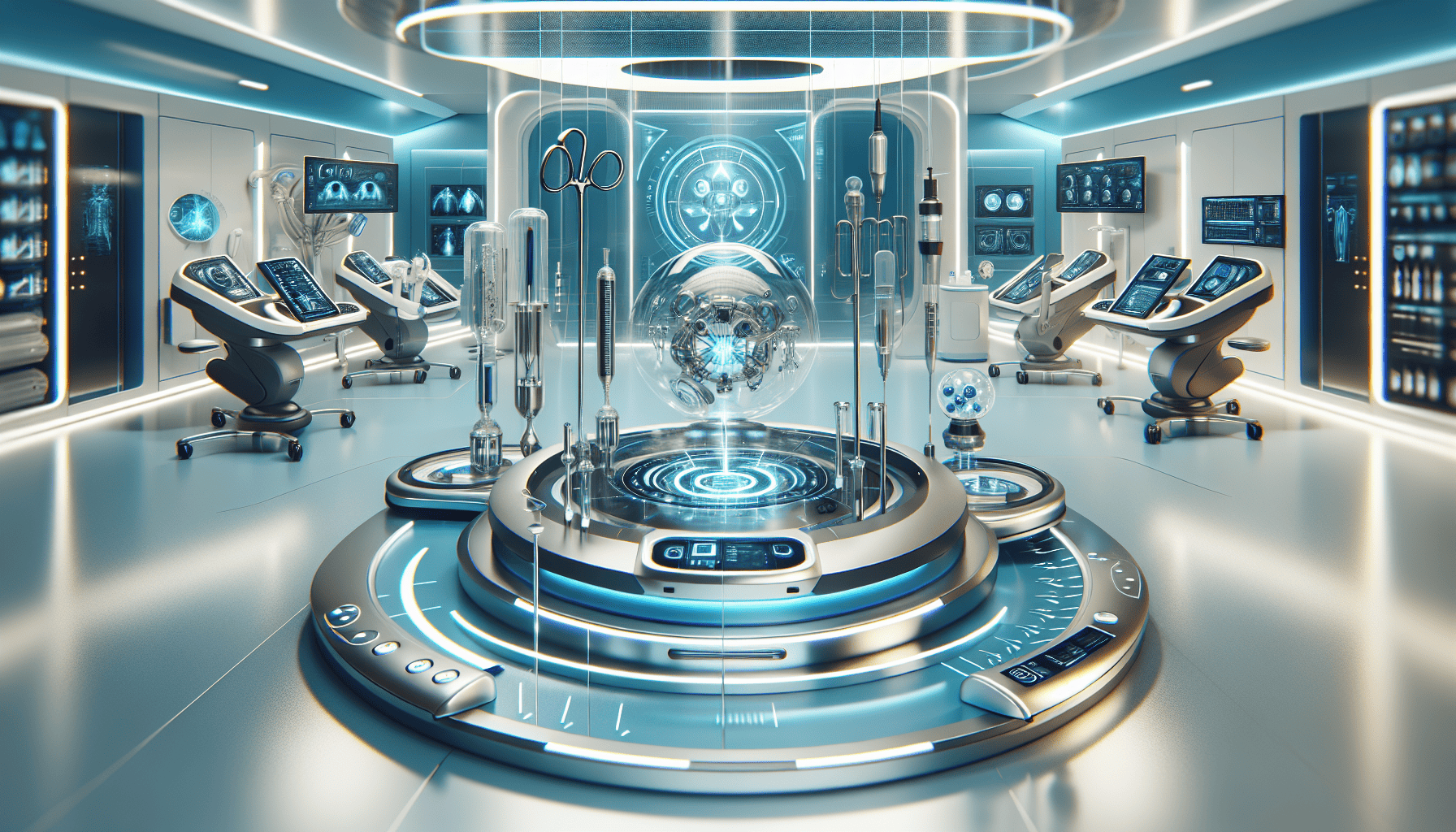The integration of nanotechnology into the healthcare sector represents a profound shift in both diagnostics and treatment methodologies. As we continue to push the boundaries of what is medically possible, nanotech innovations are emerging as pivotal tools in transforming patient care.
At the forefront of this transformation is the development of nanoscale diagnostic devices. These devices, often referred to as nano-biosensors, are capable of detecting diseases at their earliest stages, long before symptoms manifest. By identifying biomarkers at the molecular level, these sensors provide an unprecedented level of accuracy and speed in diagnosis. This can lead to earlier interventions, improving patient outcomes and potentially saving countless lives.
Furthermore, nanotechnology is playing a critical role in enhancing imaging techniques. Nanoparticles are being used as contrast agents in imaging modalities like MRI and CT scans, providing clearer and more detailed images of tissues and organs. This advancement allows for more precise assessments of conditions such as tumors, leading to more informed decisions regarding treatment strategies.
In the realm of therapeutics, nanotechnology is equally groundbreaking. One of the most significant contributions is in drug delivery systems. Nanocarriers are engineered to deliver drugs directly to targeted cells, minimizing the impact on healthy tissues and reducing side effects typically associated with conventional therapies. This targeted approach not only increases the efficacy of treatments but also opens new avenues for therapeutics that were previously deemed too toxic or unstable.
Cancer treatment, in particular, has seen a promising leap forward due to nanotech innovations. Techniques such as photothermal therapy and nanotherapy harness nanoparticles to specifically target and destroy cancer cells, offering a less invasive and more effective alternative to traditional chemotherapy and radiation.
Moreover, nanotechnology is instrumental in the development of smart implants and prosthetics. These devices can now incorporate nanosensors to monitor vital signs and transmit data in real-time, enabling continuous health monitoring and prompt responses to potential issues.
Despite the numerous advantages, the integration of nanotechnology into healthcare is not without challenges. Ethical considerations, potential toxicity, and the long-term impact of nanoparticles in the body are areas requiring thorough investigation. Rigorous testing and regulatory frameworks are essential to ensure the safety and efficacy of nanotech applications.
As research and development in nanotechnology continue to accelerate, the potential to revolutionize healthcare becomes increasingly tangible. By offering more precise diagnostics, effective treatments, and personalized medicine, nanotech innovations are set to redefine the future of medical care, ultimately improving the quality of life for patients around the globe. The journey toward fully realizing these benefits involves confronting both scientific and ethical challenges, but the promise it holds for enhancing human health remains immensely promising.
